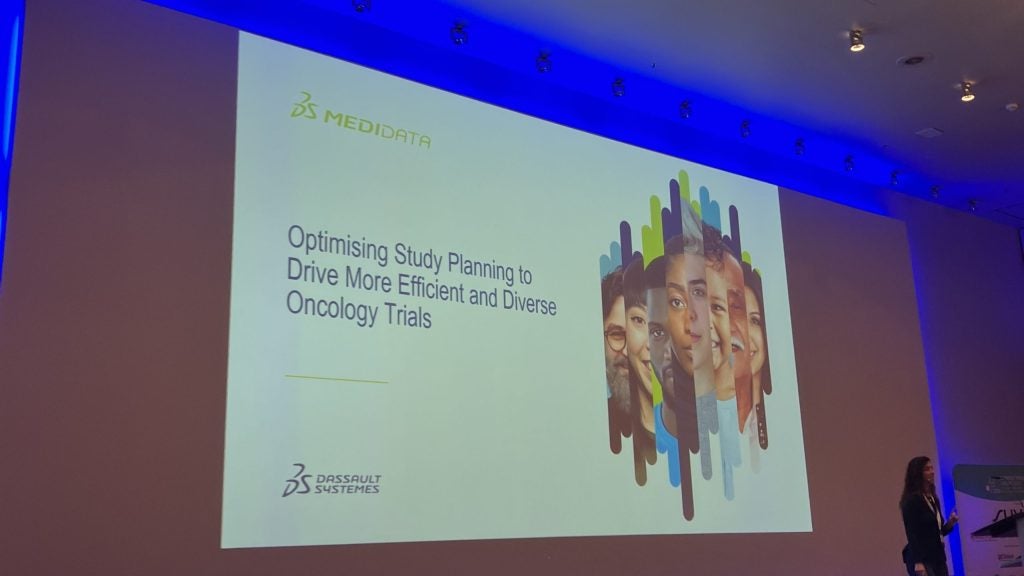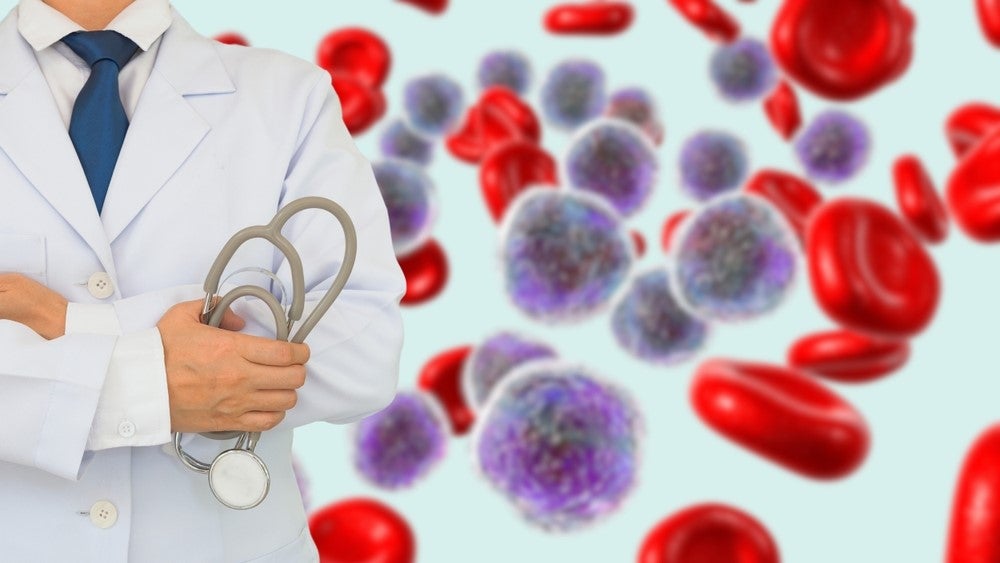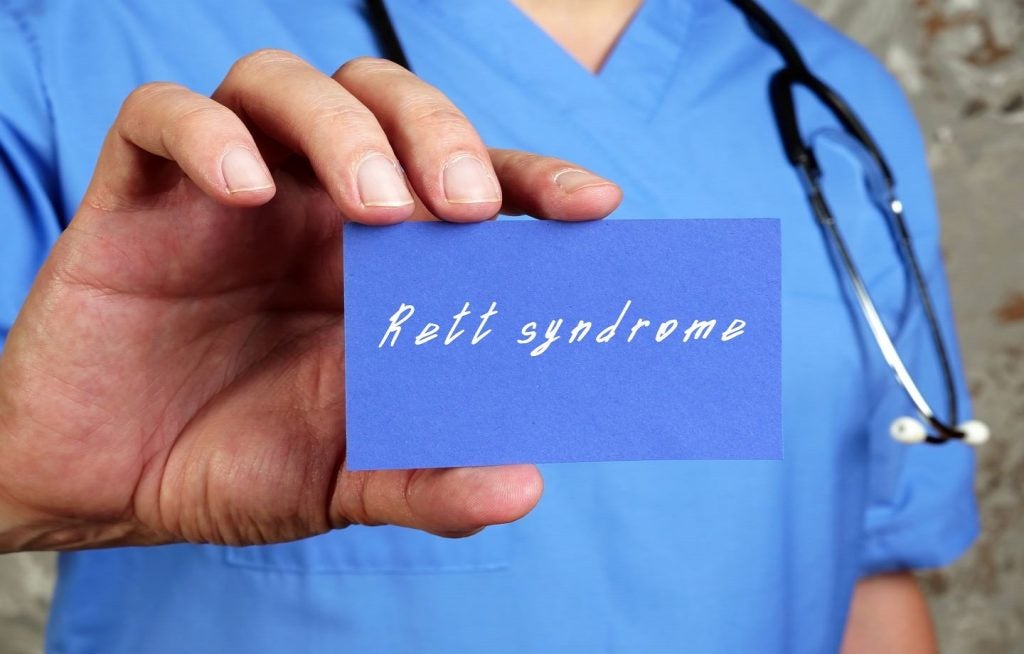Acadia Pharmaceuticals has commenced the pivotal Phase III study of carbetocin nasal spray (ACP-101) to treat hyperphagia in Prader-Willi syndrome (PWS), a rare neurobehavioural genetic disorder.
PWS impacts both females and males, with an estimated 8,000 to 10,000 cases in the US.
The COMPASS PWS randomised, double-blind, 12-week and placebo-controlled trial will assess the safety and efficacy of the 3.2mg spray three times daily (TID) in around 170 children and adults aged between five and 30 years with this condition.
Carbetocin is an investigational drug under development to treat hyperphagia in PWS. An intranasal formulation of the spray was created to specifically treat PWS.
This formulation allows direct drug delivery to the brain, minimising systemic exposure and the risk of side effects.
Change from baseline to week 12 on the hyperphagia questionnaire for clinical trials (HQ-CT) score is the trial’s primary efficacy endpoint.
Participants who conclude this study can enrol in a long-term, open-label extension trial for assessing the tolerability and safety of prolonged treatment with ACP-101.
Acadia senior vice-president, medical affairs global head and chief medical officer Ponni Subbiah said: “The launch of the Phase III COMPASS PWS trial will build on previous Phase III clinical trial experience, where carbetocin nasal spray 3.2mg was observed to reduce hyperphagia-related behaviours.
“We look forward to working with the Prader-Willi community and clinical research sites as we continue to advance the ACP-101 clinical development program for those living with this debilitating syndrome and their families.”
Last month, Acadia started a Phase II clinical trial of ACP-204 to treat hallucinations and delusions linked to Alzheimer’s disease psychosis.
Designed to analyse the efficacy and safety of 30mg and 60mg doses of ACP-204 against those of placebo, the trial is part of a Phase II/III programme comprising a Phase II trial and two Phase III studies with almost identical designs.















